Karim Hirji has had a long, varied and distinguished academic career. Spanning four decades from 1971-2012, he taught mathematics and statistics in several disparate places: first in a University mathematics department, then in an educational institute focusing on transport and finally in University public health and medical departments. In the midst of this, in 1980, Hirji went to study at Harvard University. He obtained a doctorate in medical statistics. He subsequently worked at Universities in both the USA and Norway. His published scholarship is similarly diverse and profuse and has been published in statistical and medical journals and in books.
Hirji’s memoir focuses on the first decade of his career. Known as both a social activist and a committed teacher, Hirji has never shied away from expressing his views. In this memoir, he sets out to tell it as he sees it. His assessments are blunt. ideological disagreements on open display.
In my view, the current book is best read alongside Hirji’s other works of memoir. His Growing Up with Tanzania: Memory, Math and Musings is a reflection on his childhood and school days. In the collection, Cheche: Reminiscences of a Radical Magazine a valuable account is provided of his generation’s student activism and political engagement at the University of Dar es Salaam. As Travails of a Tanzanian Teacher reminds us, the aim of Cheche was to provide an outlet for well-known campus activists to express their views on the most important social, economic and political issues of the day: ‘It took the ruling party to task for its half-hearted implementation of socialism. It did not come as a complete surprise that…later it was banned by the government of Tanzania.
The best parts of the current memoir are those that connect with the Cheche era of student activism and so provide further insight into the tumult and excitement of intellectual life at The Hill in that period. A good example is Hirji’s account of the student leadership in 1970 and the open challenge it posed to the academic hierarchy led by the Vice Chancellor. In chapter five (‘A pro-democracy uprising’) Hirji describes how before 1970 an antagonistic relationship had existed between the main student union and left-wing groups, not least because of the banning of Cheche. That changed in the academic year 1970/71 when leftist students succeeded in winning the leadership of the Dar es Salaam University Students Organization.















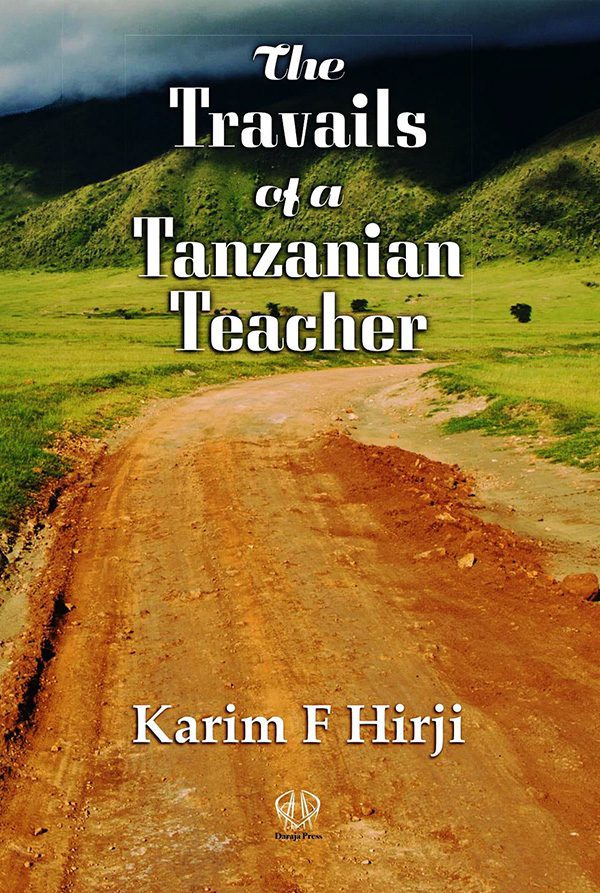
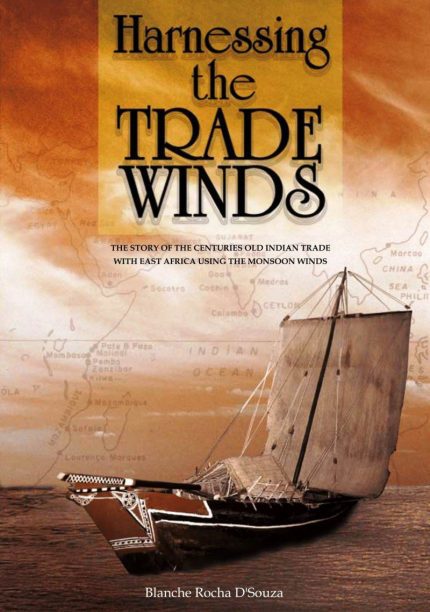
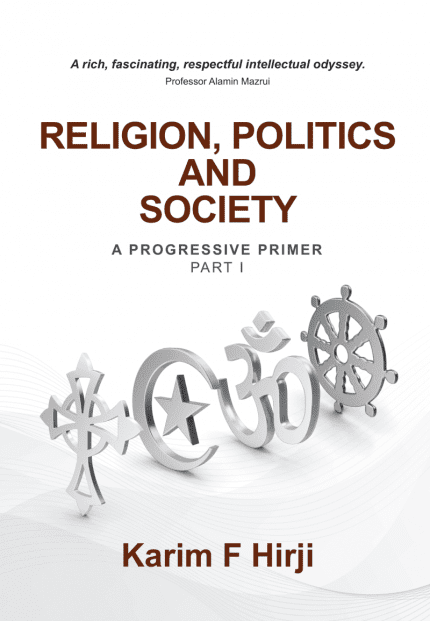

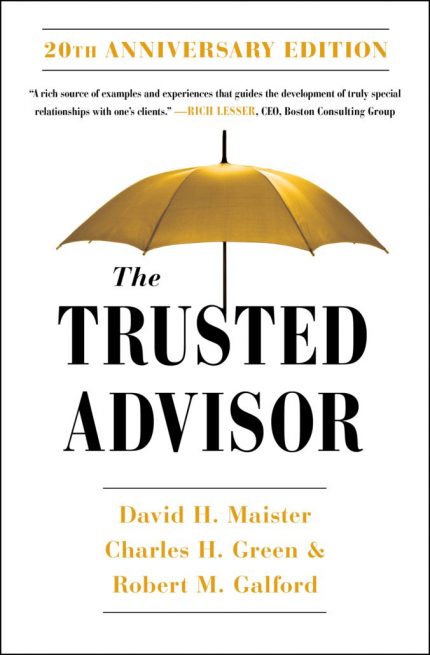

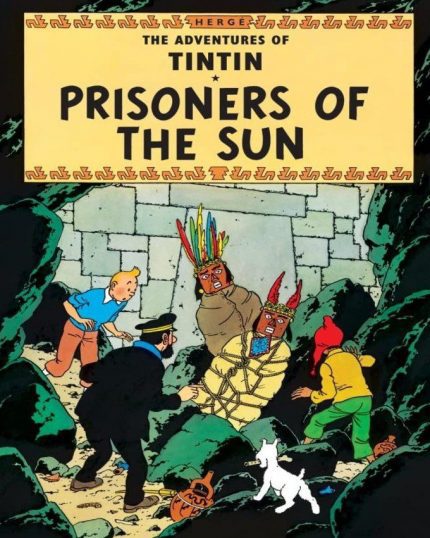
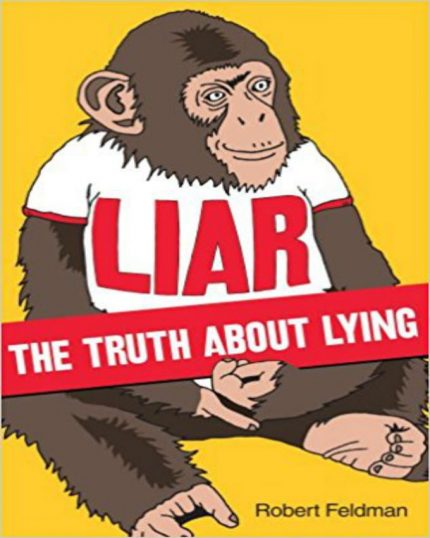



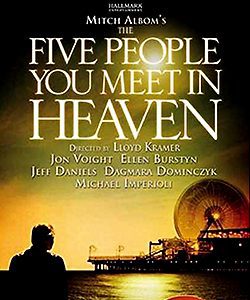


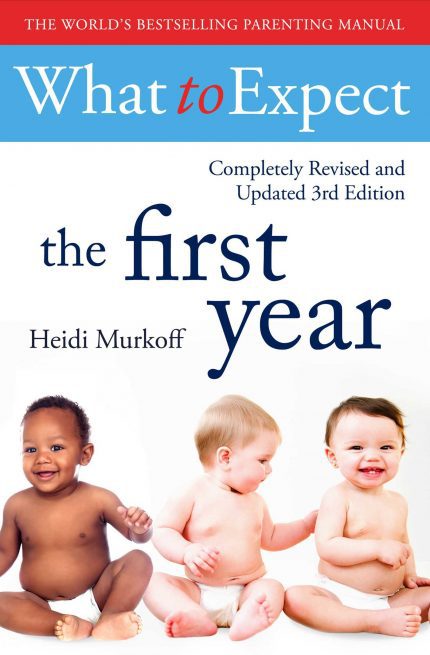



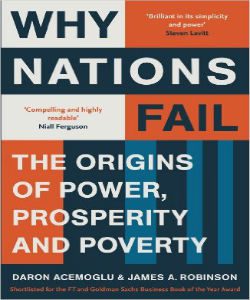

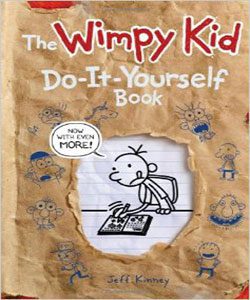




Reviews
Clear filtersThere are no reviews yet.